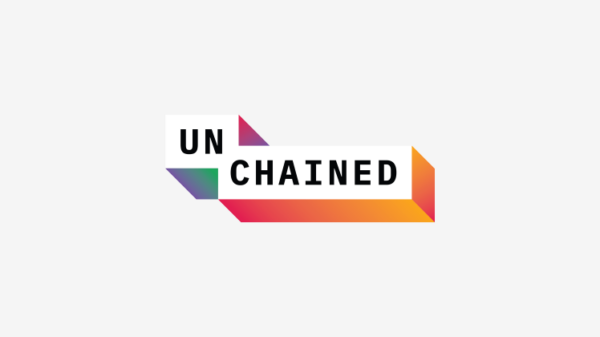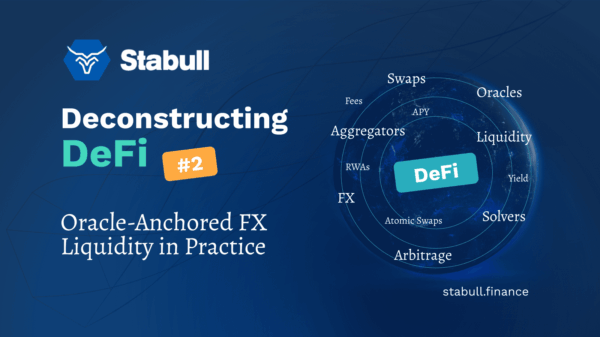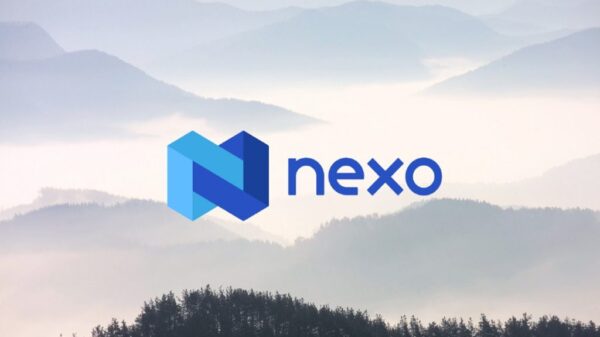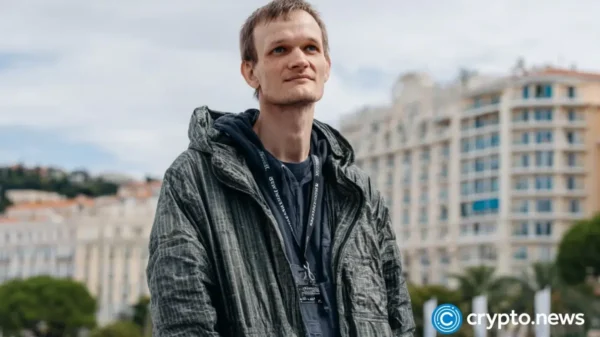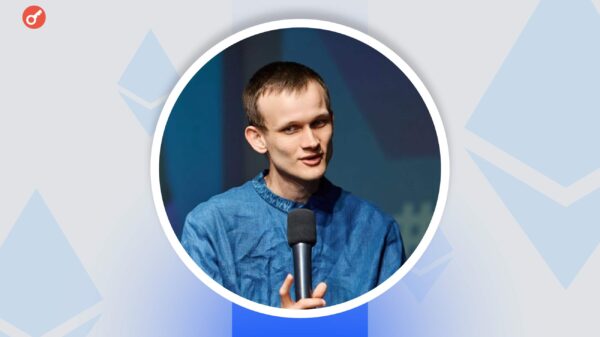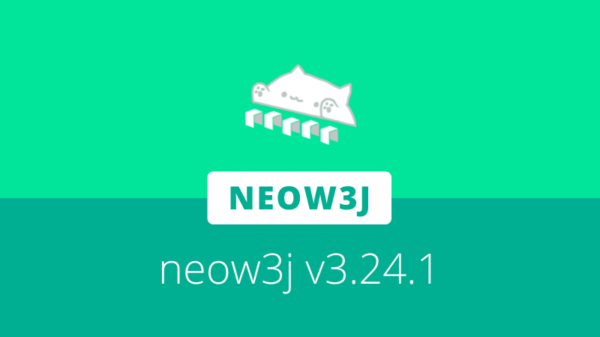In a recent discussion about the future of Ethereum (ETH), Paul Brody, Global Blockchain Leader at Ernst & Young and Chairman of the Enterprise Ethereum Alliance, highlighted significant advancements in the blockchain”s privacy features. Brody asserts that by 2026, Ethereum”s privacy capabilities could reach new heights, making it a focal point for users, particularly institutions.
According to Brody, the cost-effectiveness of Ethereum”s privacy design has improved dramatically, now being 2000 times cheaper than in the past. For instance, the Nightfall protocol developed by Ernst & Young can now execute verification processes for only $0.05, a stark contrast to the $100 gas fees it incurred eight years ago. This substantial reduction in costs reflects broader advancements across various privacy-focused networks.
Brody”s insights extend beyond Ethereum to include projects like Aztec, COTI Network, and Miden. These platforms are also making strides in the realm of zero-knowledge (ZK) computations, enhancing the efficiency of ZK-proof generation and reducing gas expenditures. As a result, Brody anticipates that privacy technologies will soon become mainstream, catering to both individual and institutional users utilizing Ethereum”s computational resources.
“The mathematics of zero knowledge have advanced rapidly,” Brody stated. He expressed confidence that within the next 18 to 24 months, even transactions that are considered complex will become cost-effective for both businesses and consumers alike.
Furthermore, Brody clarified a critical distinction in the ongoing developments in blockchain privacy: they prioritize fair competition rather than anonymity. The objective is not to obscure user identities from regulators and researchers but to create a more equitable playing field in the evolving crypto landscape.
Looking ahead, Brody believes that pivotal moments for Ethereum”s privacy advancements could unfold as early as next year. Previous reports have indicated that privacy remains a key narrative for Ethereum, particularly in 2025. Notably, in April 2025, Vitalik Buterin, co-founder of Ethereum, unveiled a privacy roadmap aimed at enhancing the network”s capabilities through both Layer 1 and Layer 2 modifications.
As the Ethereum ecosystem continues to evolve, the emphasis on privacy is likely to attract greater attention and investment, potentially positioning Ethereum as a leader in the privacy sector of blockchain technology.











